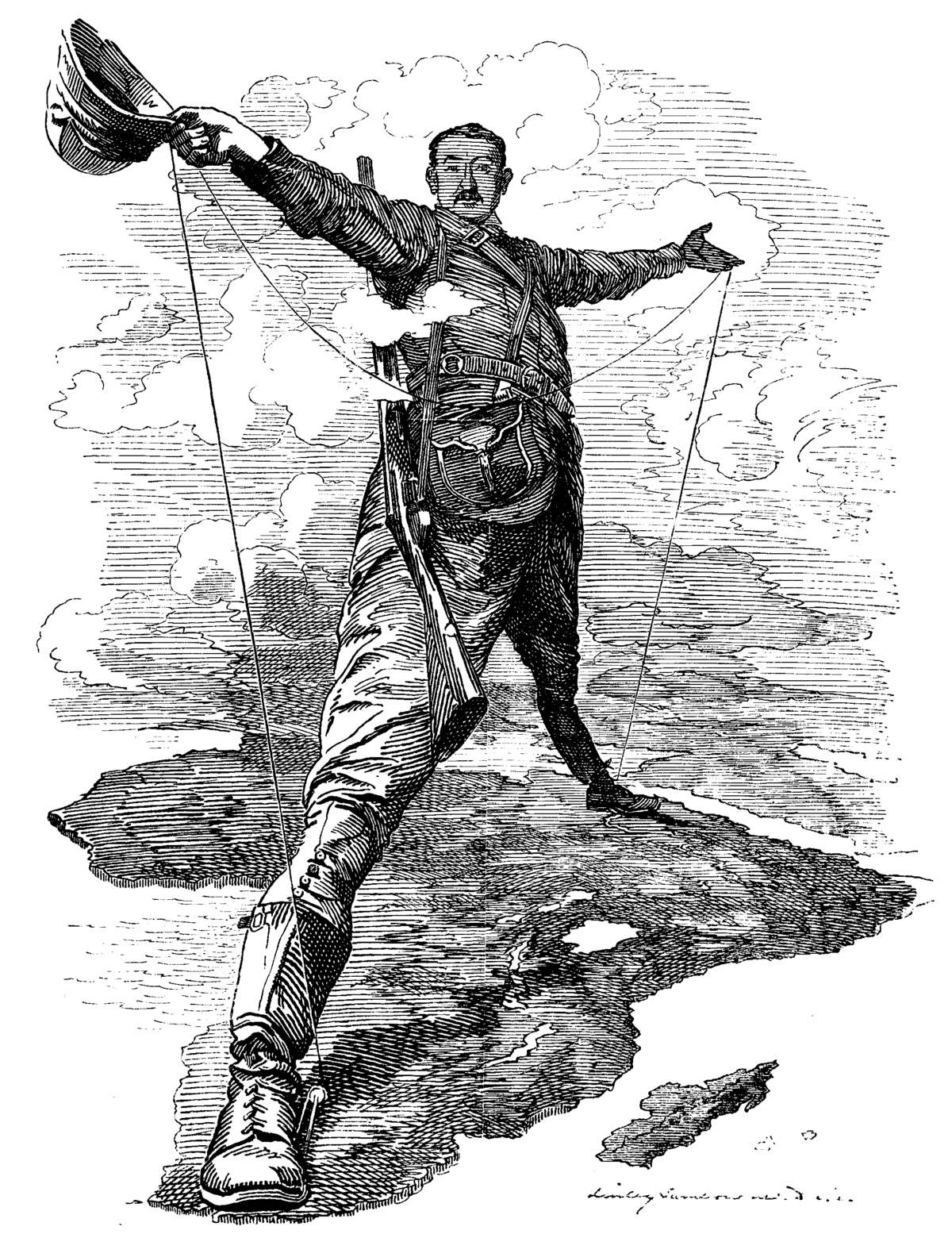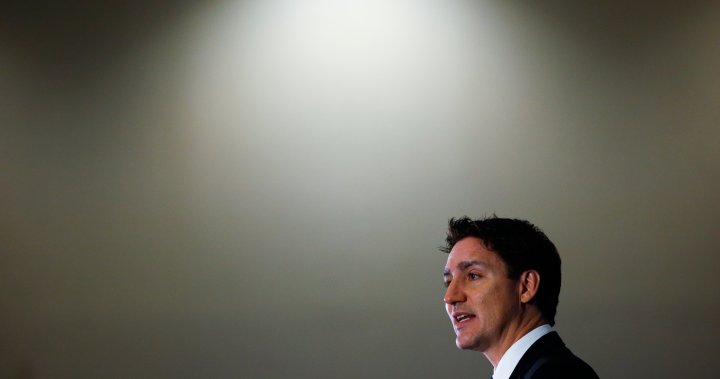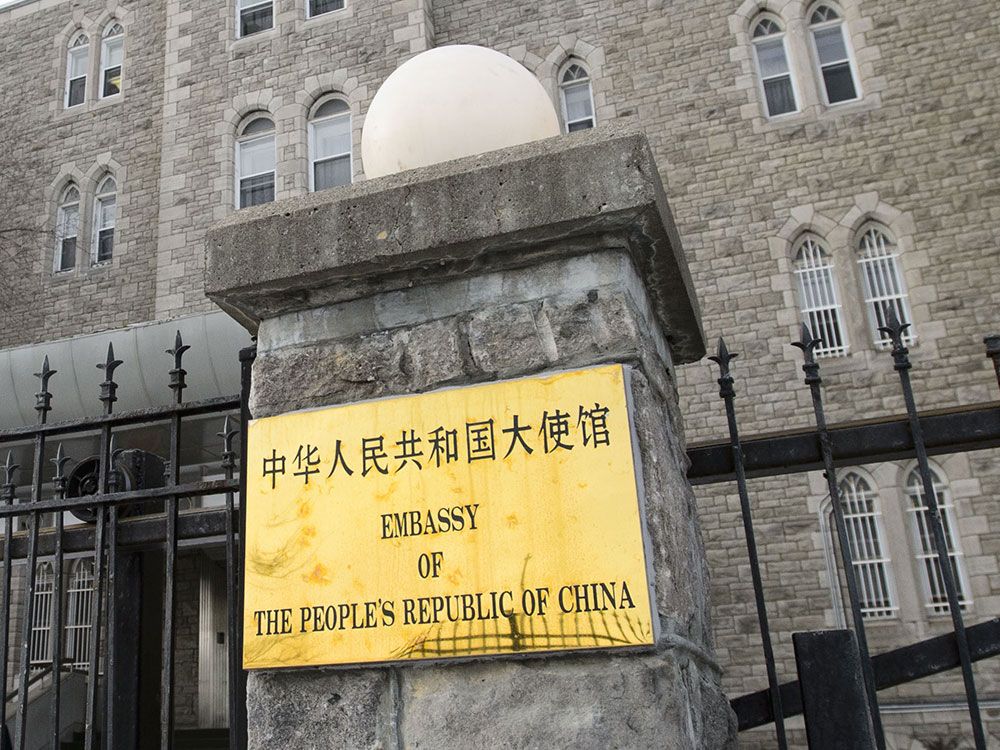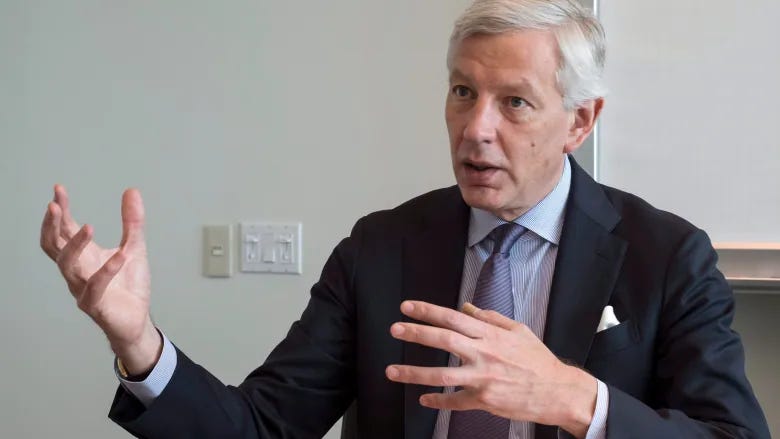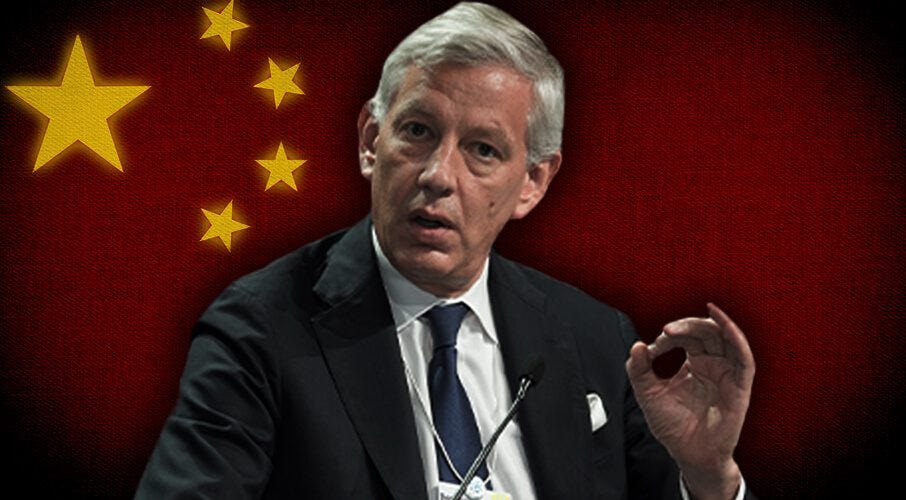STEVEN CHASE
PUBLISHED OCTOBER 21 2022, 9:30PM
Canada’s Innovation Minister says he believes there’s a Western consensus forming to decouple from, or reduce trade with, China and other authoritarian countries.
François-Philippe Champagne was speaking Friday before a business audience in Washington at a “fireside chat” event sponsored by groups including the Canadian embassy, the Canadian American Business Council and the U.S. Chamber of Commerce.
Mr. Champagne is the second federal cabinet minister in the last two weeks to talk publicly about decreasing trade with countries such as China and Russia. Deputy Prime Minister Chrystia Freeland, speaking in Washington on Oct. 11, also talked of the need to embrace policies that shift trade to friendly partners and like-minded democracies: a
“friend-shoring” approach that would reduce commercial relations with adversarial countries.
Their comments reinforce public anticipation for Foreign Affairs Minister Mélanie Joly’s coming
Indo-Pacific strategy. The term – first championed by Japan and embraced by Australia and the United States – refers to an effort to build common cause between India and Asia-Pacific neighbours with burgeoning middle-class populations that share an interest in addressing
China’sgrowing influence in the region, given Beijing’s militarization of the South China Sea and other ocean trade routes.
Mr. Champagne on Friday talked up the need for closer co-operation on industrial strategies with the United States, which has taken several deliberate steps in recent months to reduce electric-vehicle technology dependence on China, and to deny Chinese companies access to American semiconductor chips and related technology.
“What we want is certainly a decoupling, certainly from China and I would say other regimes in the world which don’t share the same values,” Mr. Champagne told the Washington audience.
“I think we’re coming to a day and age where citizens – and you see it with trade agreements that have been framed around the world – people want to trade with people who share, usually, the same values,” he said, adding “and, I think, countries which have the high standards with respect to human dignity, with respect to environmental law, to labour law.”
The Innovation Minister cited a titanium mining operation in Canada as an example of how the U.S. can rely on the country’s critical minerals instead of offshore supplies. Mining giant Rio Tinto and the Canadian government are investing hundreds of millions of dollars to modernize a metals processing plant that would handle titanium. He said the titanium powder produced would enable “3-D printing of titanium parts” that could be used by the “defence establishment in the United States.”
Mr. Champagne said Canada’s renewable energy supplies, its skilled work force and its critical minerals should make this country a supplier of choice for allies.
“The economy of the 21st century relies on what we have in abundance in Canada.”
Speaking to reporters Friday, the Innovation Minister said he’s pitched the U.S. on conducting testing and packaging of North American-made microchips in Canada instead of outsourcing this work to China or other Asian countries.
Roland Paris, a former foreign policy adviser to Prime Minister Justin Trudeau and director of the Graduate School of Public and International Affairs at the University of Ottawa, said the shift in messaging from the Canadian government on trade policy has been a bit abrupt.
He said he believes the Ottawa is trying to ensure that Canadian companies do not find themselves on the wrong side of measures taken by the United States to restructure their supply chains in the name of security.
“The eagerness of trying to demonstrate the important of Canada to the United States has left some question marks about what our global trade policy is. It makes good sense to reduce our economic vulnerability to authoritarian countries and to strengthen partnerships with other democracies, but taken at face value, some of the statements in the last week would upend our trade policy and it deserves a little bit more explanation,” Mr. Paris said.
“Suddenly Canada seems more Catholic than the Pope when it comes to disconnecting ourselves from countries that aren’t democracies.”
In 2021, Canada and Mexico were originally excluded from a Biden administration plan to give American buyers a tax credit for electric vehicles, and only after a significant lobbying campaign was the measure changed in 2022 to include vehicles made in the two neighbours. The measure also restricts where critical minerals for batteries can be sourced to free trade agreement partners of the United States, cutting out China.
Washington recently introduced measures to restrict the sale of semiconductor chips and technology to China, and the U.S.’s allies will be under scrutiny to ensure they are complying and not representing a security risk to the country.


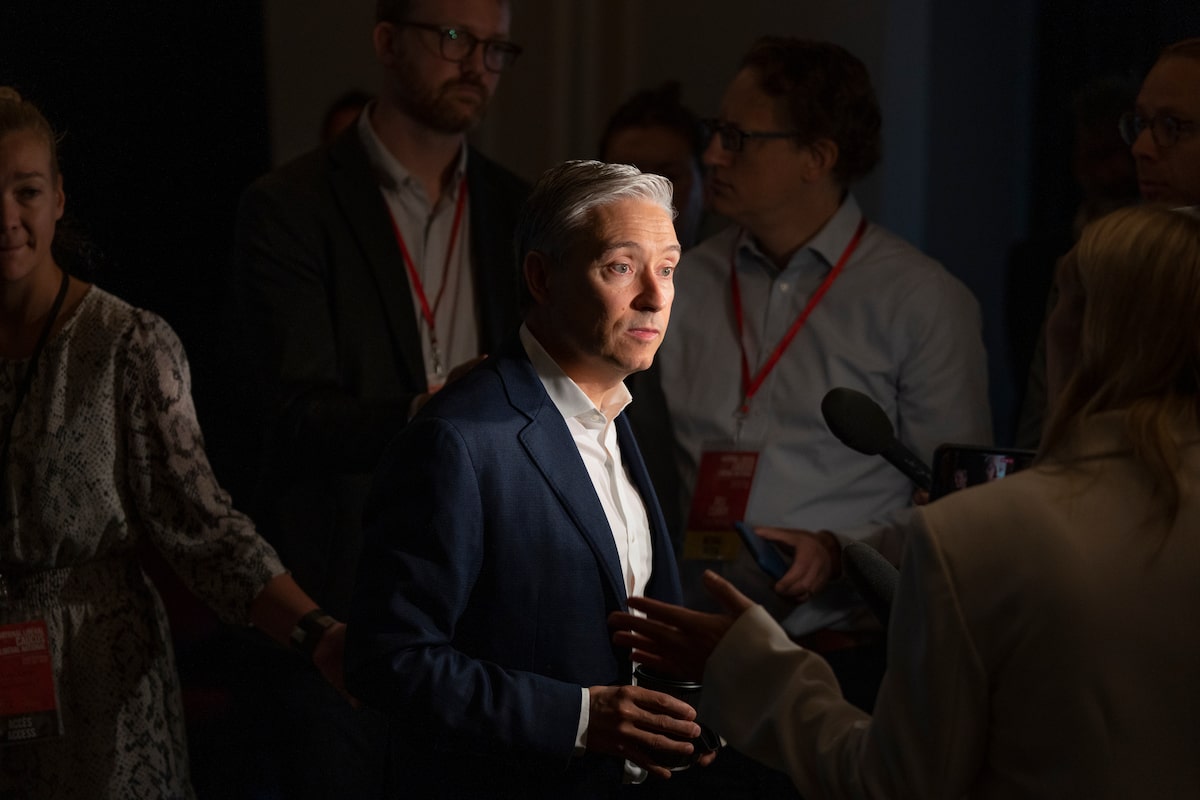
www.theglobeandmail.com
